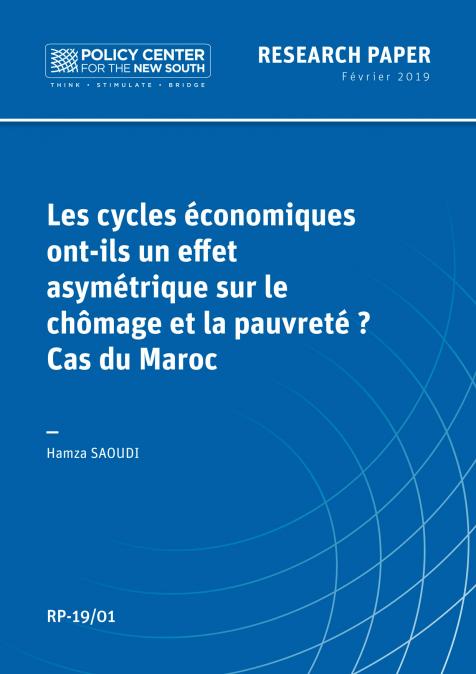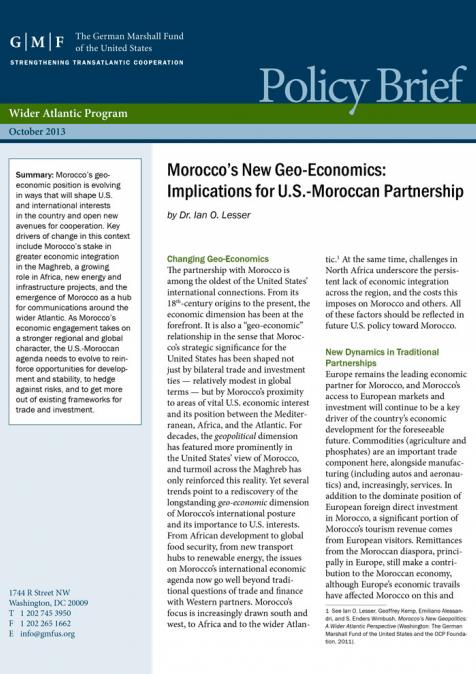Publications /
Policy Brief
The current pandemic has hit all countries hard, with severe repercussions at all levels. In economic terms, and given the scale of the damage, countries have reacted quickly by drawing on their available toolboxes. However, unlike in 2008, room for maneuver this time is much more limited and many countries have no choice but to go into massive debt to cope with the effects of the pandemic. For a country like Morocco, such a situation should lead the authorities concerned to study all possible solutions that could help the country to limit its reliance on external debt. Helicopter money, which has made a strong comeback in recent discussions, is a potential instrument whose feasibility should be considered. Its use is, however, far from being an easy decision to make, in the absence of practical experience at the international level, even if certain measures taken recently by some countries may suggest that it is helicopter money. In this Policy Brief, we will address the potential benefits of this concept, but also draw attention to the extent of the risks involved. We will also show that, if Morocco were to adopt, hypothetically, this instrument, certain prerequisites must necessarily be put in place to limit its potential negative externalities, which can be destabilizing.





